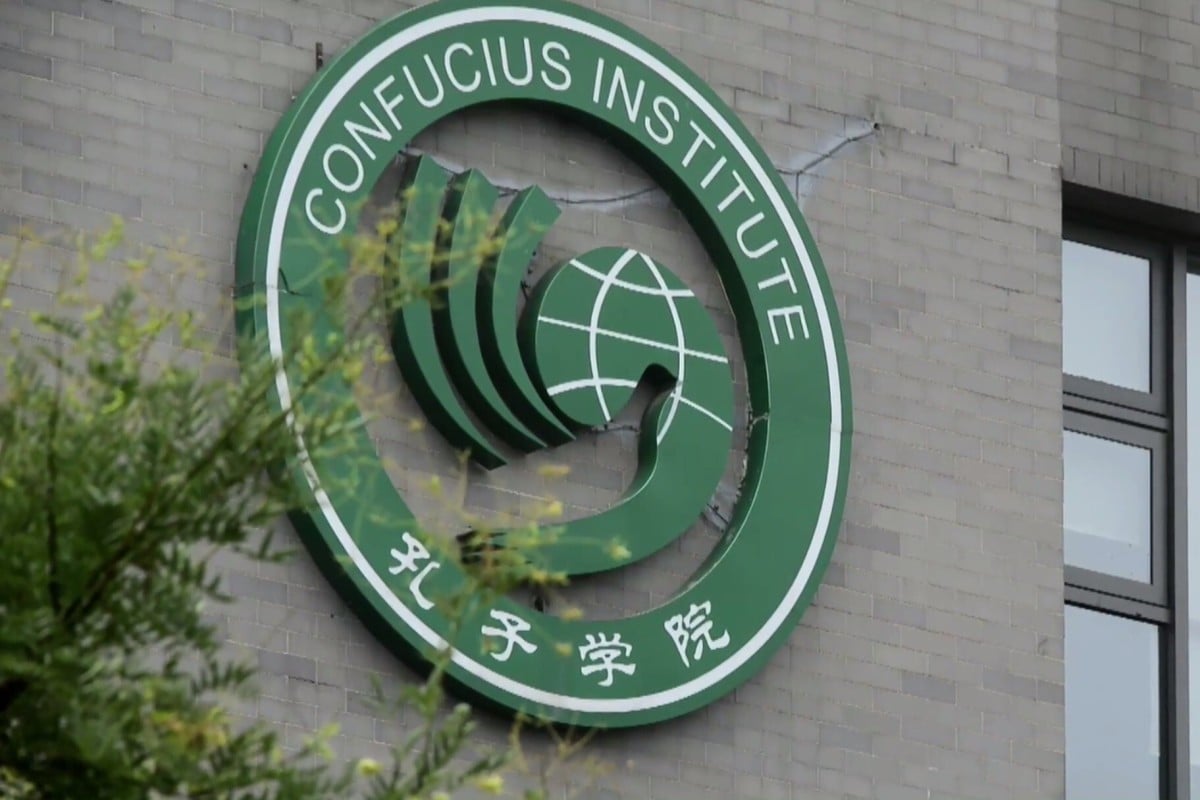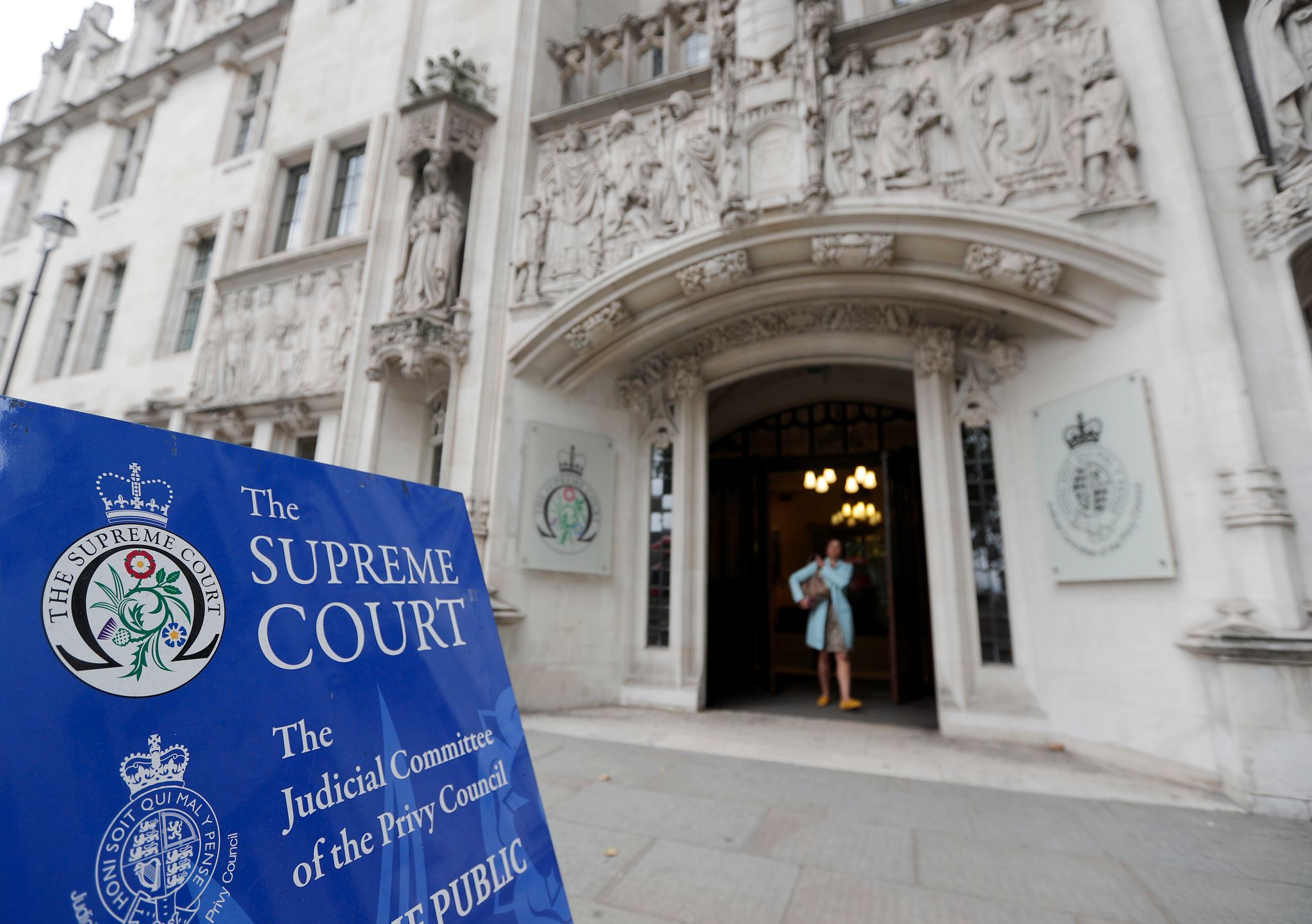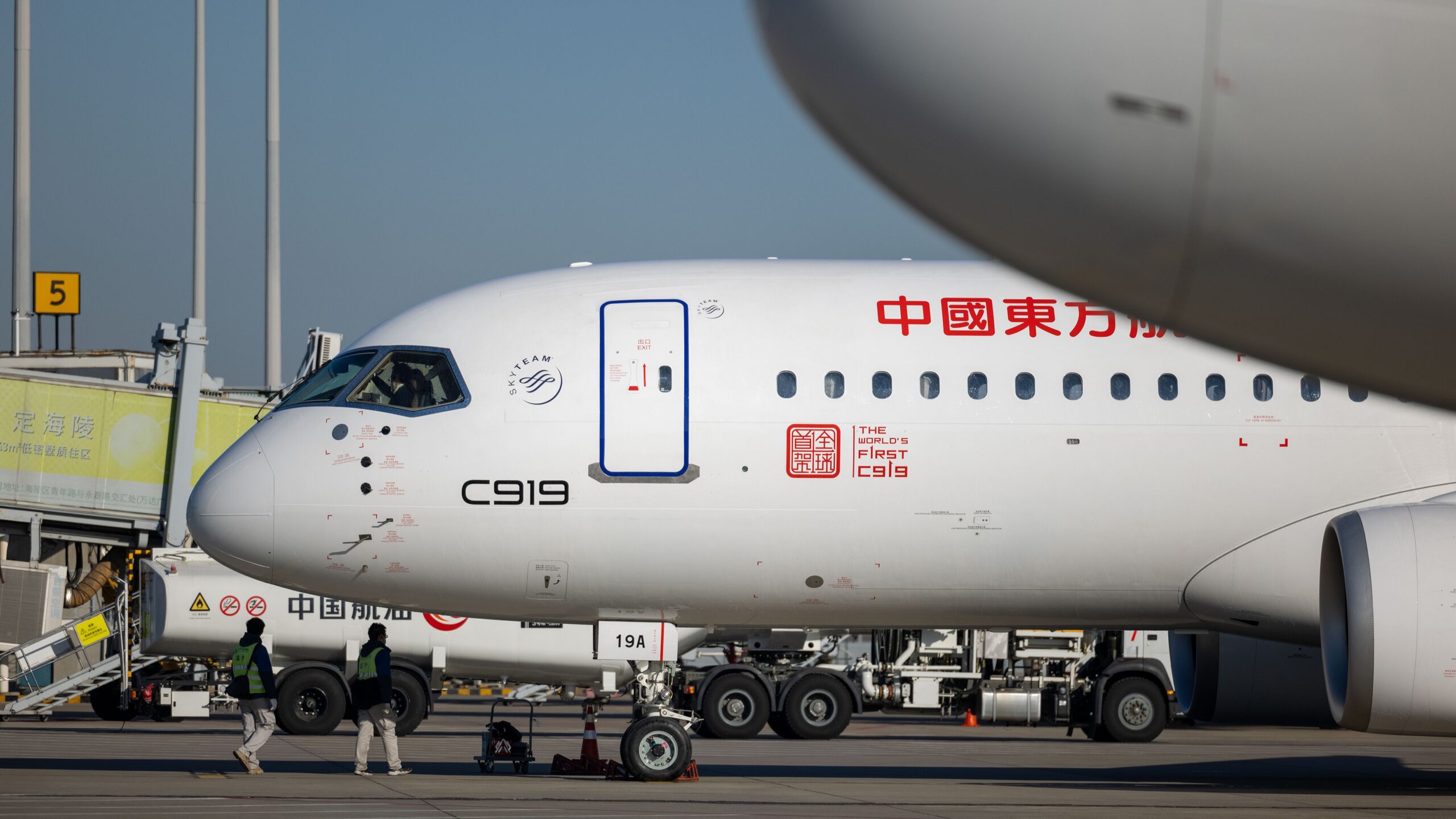For years, Confucius Institutes (CIs) have been China’s flagship soft power initiative, promoting Mandarin language learning and Chinese culture worldwide. Yet, in recent years, many have faced closures due to concerns over academic freedom, espionage risks, and Peking’s growing political influence abroad. As financial strains hit Peking’s economy, some Confucius Institutes have quietly shut down, while others have undergone rebranding to avoid scrutiny.
Beyond education, reports suggest that CIs have played a role in the Chinese Communist Party’s (CCP) United Front activities, influencing overseas Chinese communities, monitoring dissidents, and even mobilising students to counter pro-Hong Kong and pro-Taiwan (R.O.C.) activism abroad. In some cases, students and even CI-affiliated teachers have engaged in activities aimed at undermining democratic values in their host countries, seeking to prove their political loyalty to the CCP.
With the world increasingly wary of CCP influence, what does the future hold for Confucius Institutes? And how are different governments responding to them?
A Global Expansion, Then a Backlash
Established in 2004 under China’s Ministry of Education, Confucius Institutes quickly expanded across universities worldwide, with the promise of funding, teaching materials, and cultural programs. At their peak in 2020, there were 561 Confucius Institutes and 1,170 Confucius Classrooms across 162 countries. These institutions were hailed by Peking as a bridge for fostering mutual understanding between China and the world.
However, critics saw them as Trojan horses—vehicles for spreading CCP propaganda, limiting discussions on sensitive topics such as Tibet, Xinjiang, the Tiananmen Square Massacre, and Taiwan (R.O.C.), and even acting as potential intelligence-gathering hubs.
United Front Work: The Hidden Agenda?
Beyond language teaching, multiple reports have suggested that Confucius Institutes have been used as platforms for Beijing’s United Front Work Department, a CCP body responsible for influencing overseas Chinese communities and suppressing dissent.
Several cases have surfaced where Confucius Institutes:
• Monitored and reported on Chinese students critical of the CCP, pressuring them or their families back in China.
• Mobilised pro-Beijing students to counter Hong Kong and Taiwan (R.O.C.) activists, Tibetans, and Uyghur campaigners in Western countries.
• Coordinated protests against anti-CCP speakers on university campuses, suppressing free speech under the guise of “cultural sensitivity.”
• Encouraged students and teachers to actively interfere with local democratic activities, including harassing human rights groups, disrupting political events, and promoting CCP-aligned narratives in academic spaces.
In Australia, intelligence agencies identified instances where students associated with Confucius Institutes were organised to disrupt Hong Kong and Taiwan (R.O.C.) pro-democracy rallies, while in the US, some students claimed they were “encouraged” to participate in counter-protests against critics of the CCP.
A particularly concerning case occurred in the UK, where a Confucius Institute-affiliated lecturer was found pressuring students to participate in anti-Hong Kong protests and discouraging discussions on topics deemed “sensitive” by the CCP. These activities were seen as attempts to undermine local democratic freedoms, raising concerns about the true purpose of Confucius Institutes beyond language education.
Political and Economic Setbacks: The Decline of Confucius Institutes
United States: The Biggest Crackdown
The US was once home to over 100 Confucius Institutes, but today, fewer than five remain. American universities severed ties with these institutes due to bipartisan pressure, particularly after the Trump administration designated them as “foreign missions” in 2020, equating them to arms of the Chinese government.
However, while many CIs have officially closed, reports indicate that some were quietly rebranded and reopened under different names, maintaining partnerships with Chinese universities but avoiding direct association with the Confucius Institute brand.
Europe: A Mixed Picture
Europe has followed a similar path, though with varying responses. Germany, Sweden, and Denmark have closed their Confucius Institutes, citing concerns over academic independence. The UK, once home to over 30 CIs, has seen closures as well, particularly in universities facing growing scrutiny of China’s influence.
Yet, despite these setbacks, some European universities have chosen to maintain partnerships with China through “language and cultural centers” that function similarly to Confucius Institutes but with more oversight.
Australia and Canada: Following Suit
In Australia, the University of Queensland closed its Confucius Institute in December 2024, marking the end of a 15-year collaboration with Tianjin University. Canadian institutions, such as McMaster University and the Toronto District School Board, have also shut down their partnerships, citing concerns over political pressure and human rights issues.
Economic Woes in Peking: The Silent Closures
While political pressure from host countries has driven many closures, another significant factor has been Peking’s own financial struggles. With slowing economic growth and a property sector crisis, reports suggest that funding for Confucius Institutes has become less of a priority. Some CIs have closed not because of political decisions, but because the Chinese side simply stopped financing them.
A growing number of CIs are shutting down due to budget constraints, particularly in smaller universities where Beijing sees limited strategic value in maintaining operations.
How Governments Are Responding
With growing concerns about Confucius Institutes, governments worldwide have implemented measures to regulate, monitor, or outright shut down these institutions:
• United States: In addition to the “foreign mission” designation, some US states have banned public universities from hosting Confucius Institutes.
• United Kingdom: The UK government is reviewing CI agreements, and there have been calls for legislation to limit Chinese influence in academia.
• European Union: Countries like Germany and Sweden have led efforts to close CIs, with EU-wide discussions on academic independence from CCP influence.
• Australia: The government has increased scrutiny on foreign influence in universities, leading to the closure of several CIs.
• Canada: Authorities have expressed concerns about foreign interference, and several universities have opted to phase out CI partnerships.
• Taiwan (R.O.C.): In response to the decline of CIs, Taiwan (R.O.C.) has expanded its Mandarin education programs, offering an alternative that is free from CCP control.
In some cases, Confucius Institutes have been replaced by new China-funded institutions under different names, often with more local oversight. However, critics argue that these rebranded centres continue to serve the same function as CIs, albeit with a more subtle approach.
Conclusion: The Future of China’s Soft Power
Confucius Institutes were once a symbol of China’s growing global influence, but their rapid decline highlights the limits of Peking’s soft power approach. Whether due to political resistance, financial strains, or rebranding efforts, the reality is that China’s cultural diplomacy is evolving.
For Western governments, the key challenge will be ensuring academic independence while still allowing cultural exchanges to flourish. For Hongkongers and Taiwanese people, staying vigilant about China’s shifting influence tactics remains as important as ever.
While the name “Confucius Institute” may be disappearing from university campuses, Peking’s ambitions to shape global narratives are far from over—they’re just taking on new forms.




